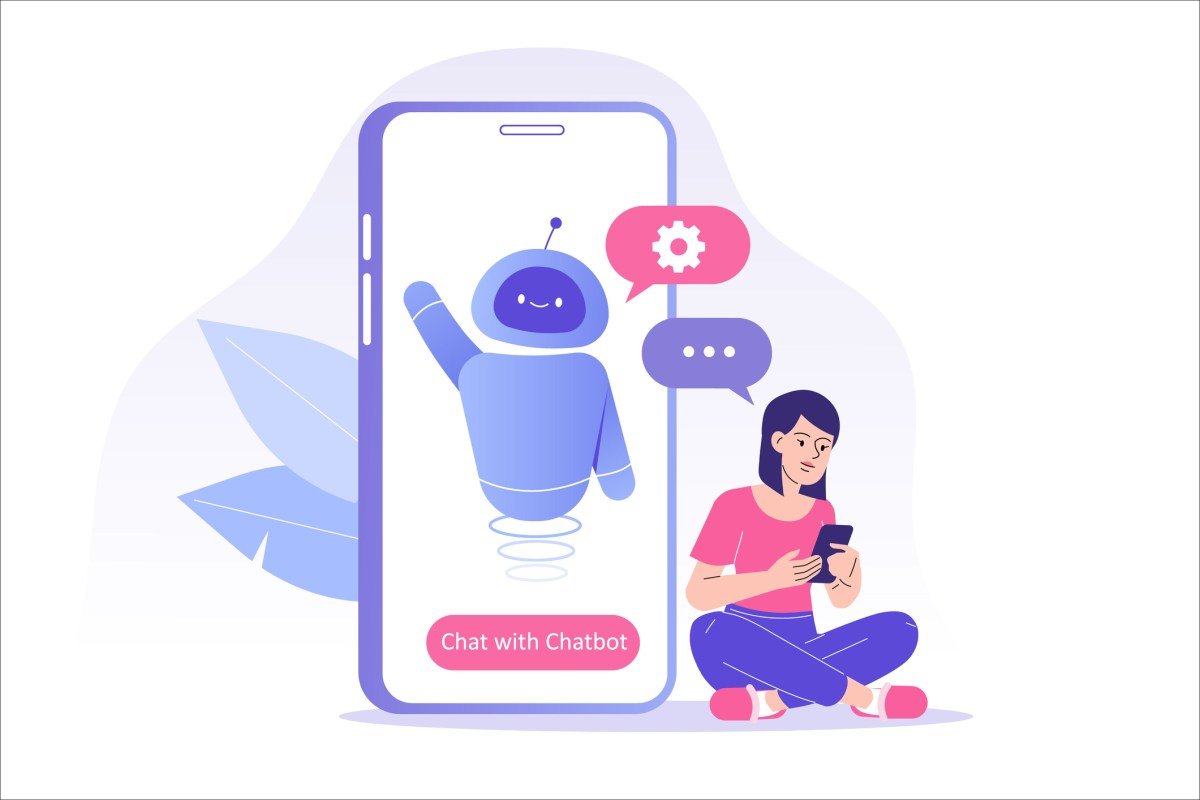Of all the professions that are at risk of being replaced by AI, the one that stands out the most is that of a language teacher.
But is this really a good idea?
“AI, some employers have decided — including Duolingo, recently — is a reasonable enough stand-in for human experts when it comes to language instruction.”
Although using AI may result in cost savings, it often produces text that is less rich in vocabulary compared to human translations. Yet, some companies argue that AI is capable of providing a scale of teaching that human language teachers cannot.
One such company is Loora, which utilizes conversational AI to teach English to students. Co-founders Roy Mor and Yonti Levin designed Loora’s iOS app to enable users to chat with a chatbot that provides feedback on their English comprehension.
“The idea for Loora [came from] our frustration with language learning,” Mor explained. “Language learning apps are only geared toward beginners or casual learners, and human tutors are very expensive, inconvenient and have limited availability.”
The app offers users a variety of AI-generated conversation topics and scenarios, including sports, technology, business, fashion, literature, television shows, interviews, and presentations. It also provides feedback on grammar, pronunciation, and accents, and even offers direct translations for users who may get stuck, all while scoring their proficiency and personalizing conversations based on their speaking level.
While other English learning platforms offer similar features, such as OpenAI-backed Speak, Preply, and ELSA, Mor believes that Loora stands apart because it caters to “serious learners” who are looking to achieve fluency in English for personal and professional advancement.
“Most other language learning apps on the market are limited and gamified,” Mor said. “Loora has built, trained and optimized its AI for the sole purpose of enabling users to achieve English fluency — far beyond casual conversational skills … We only use our own data and bespoke training and evaluation system for training and optimizing our models, resulting in continuously-improving retention.”
Mor also argues that Loora is a better fit for specific language learning use cases, such as pitching ideas in a business meeting, compared to other apps and human tutors. He believes that tutors may be limited by their domain knowledge, unlike Loora’s app, and that specialized tutors are likely to be in higher demand than general tutors.
“Say a learner is interested in learning to discuss business concepts at a high level for work purposes,” Mor explained. “If the tutor is unfamiliar, despite being a native speaker, they’ll be poorly suited to teaching English for that specific purpose.”
However, there are limitations to digital language education apps, particularly those without an element of human feedback.
A study by Michigan State University showed that while nearly all participants improved in grammar and vocabulary while using popular language learning apps, only 60% saw improvement in oral proficiency – a common challenge in this type of digital learning. The study concluded that a hybrid approach, combining online learning with classroom instruction, was the most effective way to learn and retain second language skills.
But this has not stopped Loora’s investors, who have been persuaded by the potential of the global English language learning market, which is expected to grow to over $70 billion by 2030 according to data analysis firm Research and Markets.
Loora recently announced that it raised $12 million in a Series A round led by QP Ventures, with additional investments from Hearst Ventures, Emerge, and Two Lanterns Venture Partners. This brings Loora’s total raised funds to $21.25 million, which will be used to develop an Android version of the app, deepen their AI technology and conversational capabilities, and expand their team from 14 employees to 25 by the end of 2024.
Additionally, Loora plans to launch an enterprise service, branching out from their current base of 15,000 app users. The app currently charges $15 per month or $120 per year for access, and Mor believes that their corporate clientele will accelerate growth.
“Our planned business-to-business offering will see Loora available through employers, universities, and institutions, making it increasingly accessible to those who want and need it most,” Mor explained. “With [the Series A] fundraise, our efficient unit economics, growing customer base, and constant demand for English learning solutions, we are confident that we are well-positioned to weather any potential challenges and continue to grow and serve our learners.”








